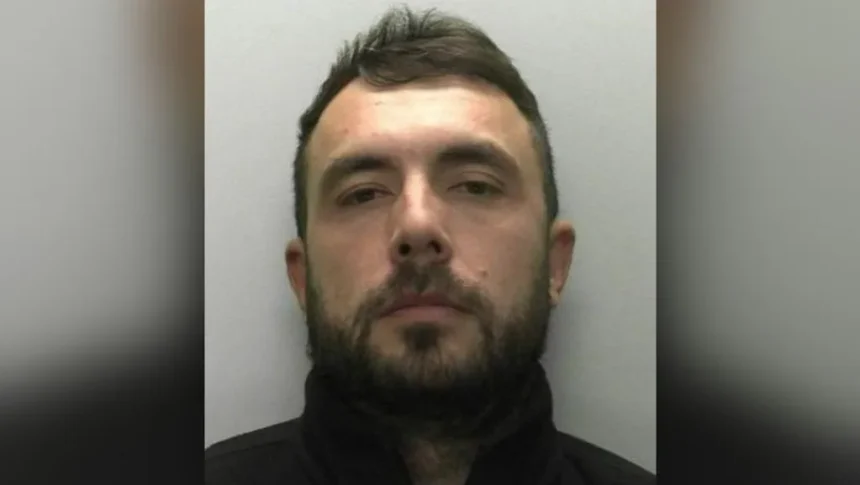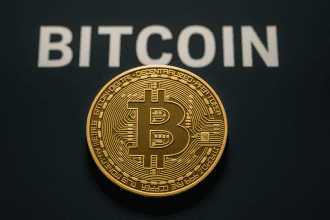In Torquay, Ryan Coleman’s digital empire finally fell apart. The 36-year-old was sentenced to 15 years after admitting he ran a massive drug operation online. When police finally cracked into his setup, they found over £1.3 million in crypto tied to his trade.
At Exeter Crown Court, Coleman confessed to dealing cocaine, ecstasy, ketamine, and cannabis. This wasn’t some small-time gig. Police say he pulled off around 18,500 deals moving roughly 80 kilos of drugs worth more than £1.3 million.
Online, though, he wasn’t Ryan. He was “Snowcap.” For six years, that name ruled dark web markets. He lived large off crypto profits luxury holidays, personal trainers, adrenaline-packed weekends. But in 2021, it all started to unravel. Detectives chasing another drug case in South Devon spotted strange crypto activity. That’s what kicked off Operation Freebie, the mission that finally brought Snowcap down.
Detective Chief Inspector Sam Smoothy, who led the case, said crime has gone digital, and police have to evolve fast. “This case shows how crime groups are using crypto and the dark web,” he said. “We’re finding smarter ways to track and stop them.”
During the investigation, officers uncovered Bitcoin wallets holding over £2.4 million. They’ve already seized £1.3 million, and they’re still tracing the rest under the Proceeds of Crime Act. The best part? That money doesn’t just vanish into paperwork it’s reinvested into more policing and community programs, with half going to HM Treasury.
And the crypto angle? That’s where it gets interesting. Digital currencies like Bitcoin give people freedom no banks, no governments. But that same freedom can blur the line between privacy and crime. It’s clever, risky, and maybe a little too easy to abuse. Makes you wonder how many other “Snowcaps” are still out there, hiding in the code.
News source BBC UK 15th september 2025






















